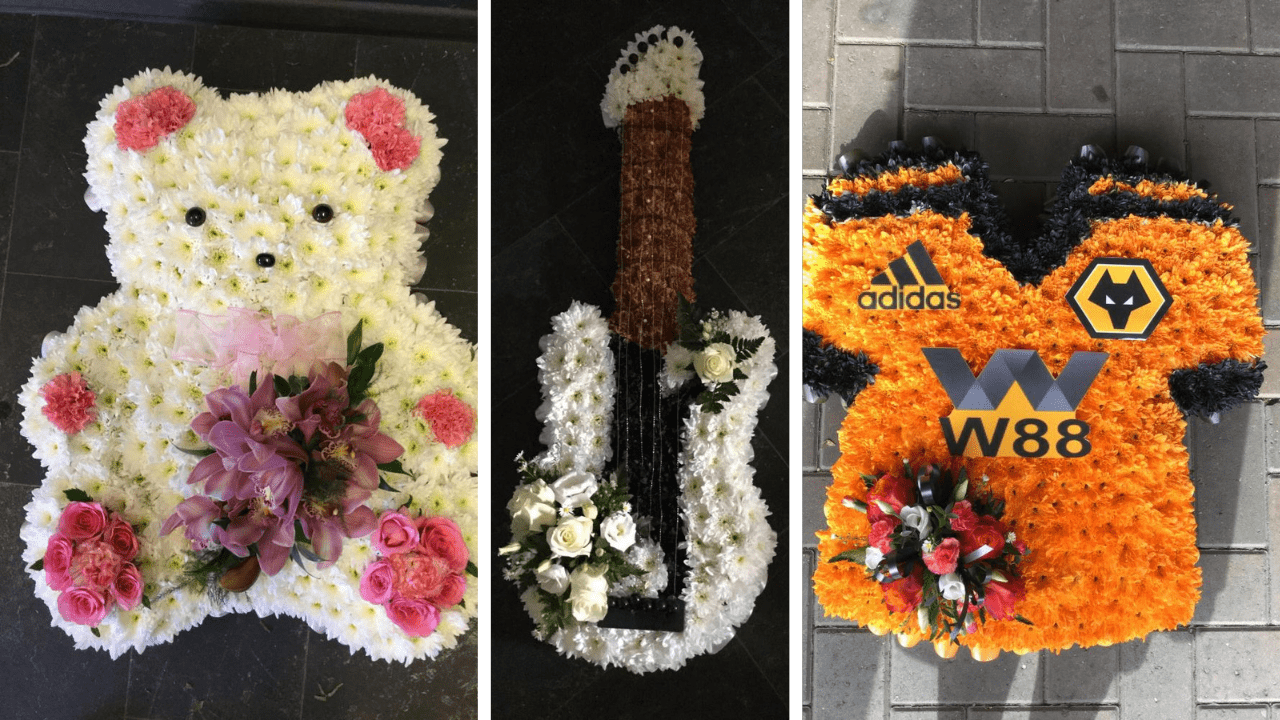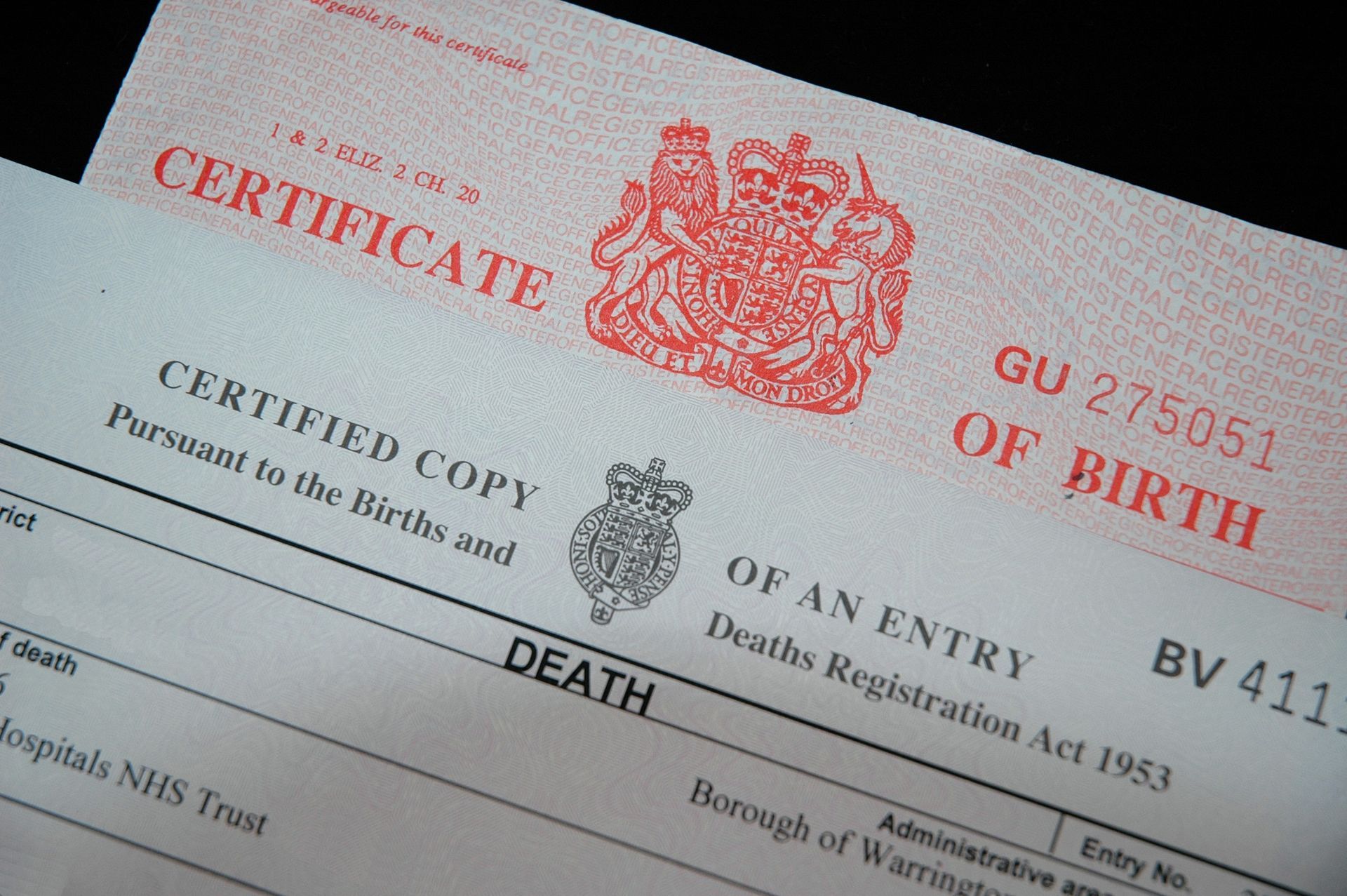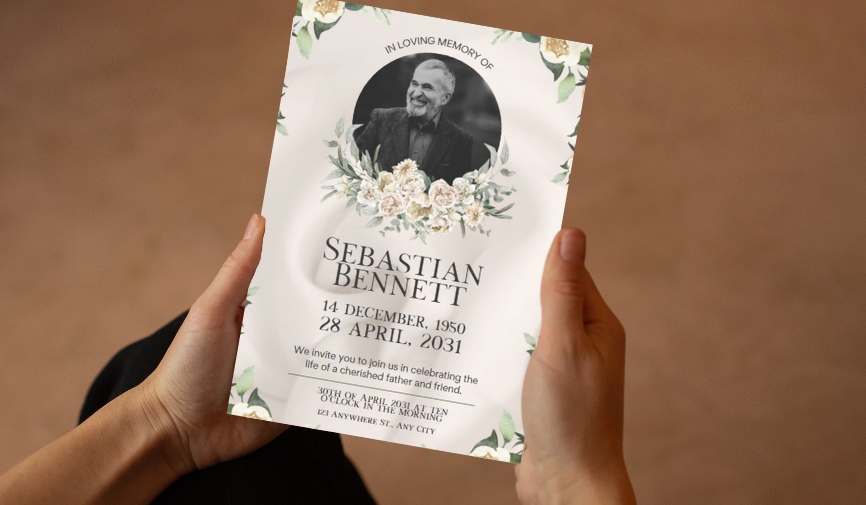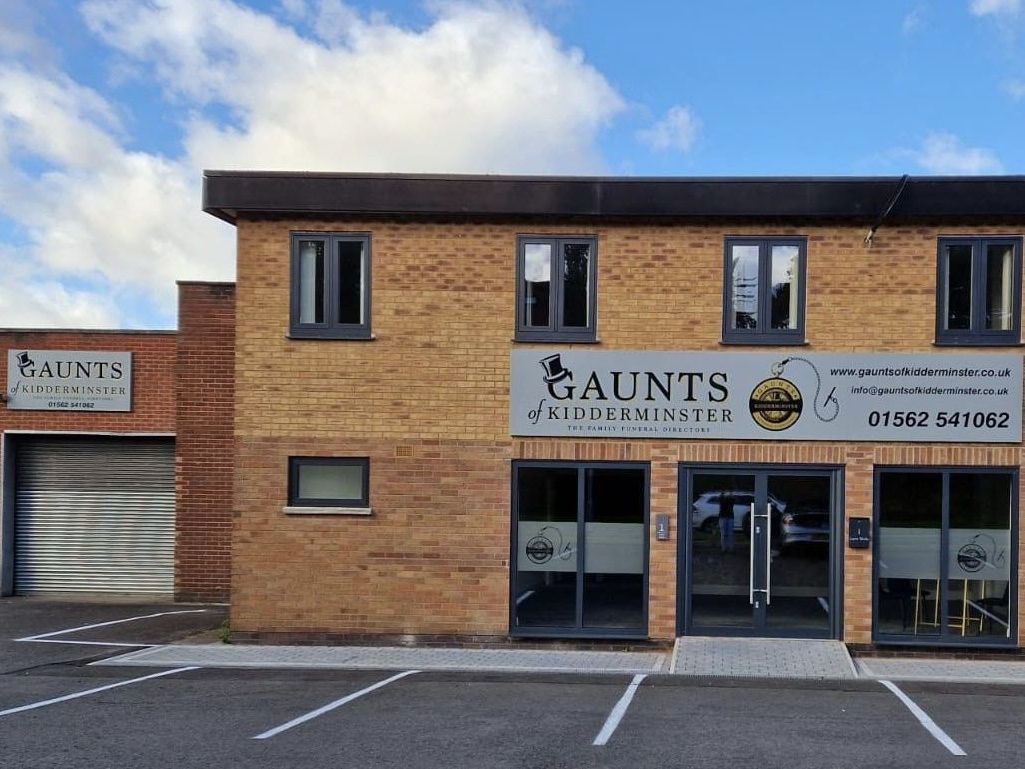What to Say When Someone Dies
Finding the right words when someone dies can be challenging. At Gaunts of Wollaston, we understand how difficult it can be to offer comfort and support to those grieving. Here’s a guide to help you navigate these delicate conversations with compassion and sensitivity.
Expressing Condolences
When someone dies, expressing your condolences is an important first step. Simple, heartfelt words can go a long way in providing comfort. Here are some phrases you might consider:
- "I am so sorry for your loss."
- "My deepest sympathies are with you during this difficult time."
- "You are in my thoughts and prayers."
- "Please accept my heartfelt condolences."
These phrases acknowledge the loss and show that you care, even if you don't have a close relationship with the bereaved.
Sharing Memories
Sharing positive memories of the deceased can bring comfort and a sense of connection. Recalling a special moment or a cherished trait can help the grieving person remember the joy their loved one brought to their lives. Consider saying:
- "I will always remember [Name]'s kindness and the time when [shared memory]."
- "One of my favourite memories of [Name] is [specific memory]. They were truly special."
- "I’m grateful for the moments I shared with [Name]. Their [specific trait, e.g., 'sense of humour'] always brightened my day."
Offering Practical Support
Sometimes, actions speak louder than words. Offering practical support can be incredibly helpful to those who are grieving. You might say:
- "If there’s anything I can do to help, please let me know."
- "Would it be helpful if I took care of [specific task] for you?"
- "I’m here for you. Can I bring over a meal or help with errands?"
Being specific in your offers can make it easier for the grieving person to accept your help.

Listening and Being Present
One of the most supportive things you can do is simply listen. Allow the grieving person to share their feelings and memories without feeling pressured to say the "right" thing. You can express your willingness to listen by saying:
- "I’m here for you. Feel free to talk about [Name] whenever you want."
- "It’s okay to feel however you’re feeling right now. I’m here to listen."
Your presence and attentive listening can provide immense comfort and validation.
Avoiding Unhelpful Phrases
While it's important to offer support, some well-intentioned phrases can inadvertently cause more harm than good. Try to avoid saying:
- "They’re in a better place now." This can feel dismissive of the grief the person is experiencing.
- "I know exactly how you feel." Everyone’s grief is unique, and this phrase can seem presumptive.
- "At least they lived a long life." This can minimise the person's current pain and loss.
Instead, focus on acknowledging the person's feelings and offering your sincere condolences.
Following Up
Grief doesn’t end after the funeral. Checking in with the bereaved person in the weeks and months following their loss shows that you continue to care. You might say:
- "Just wanted to check in and see how you’re doing."
- "Thinking of you and [Name] today. How are you holding up?"
- "I’m here for you, no matter how much time has passed."
Consistent support can be particularly meaningful as the initial wave of condolences fades.
When someone dies, finding the right words to offer comfort and support can be challenging. Simple expressions of sympathy, sharing positive memories, offering practical help, and being a good listener are all valuable ways to support those who are grieving. At Gaunts of Wollaston, we understand the importance of compassionate communication during such difficult times and are here to offer guidance and support.















